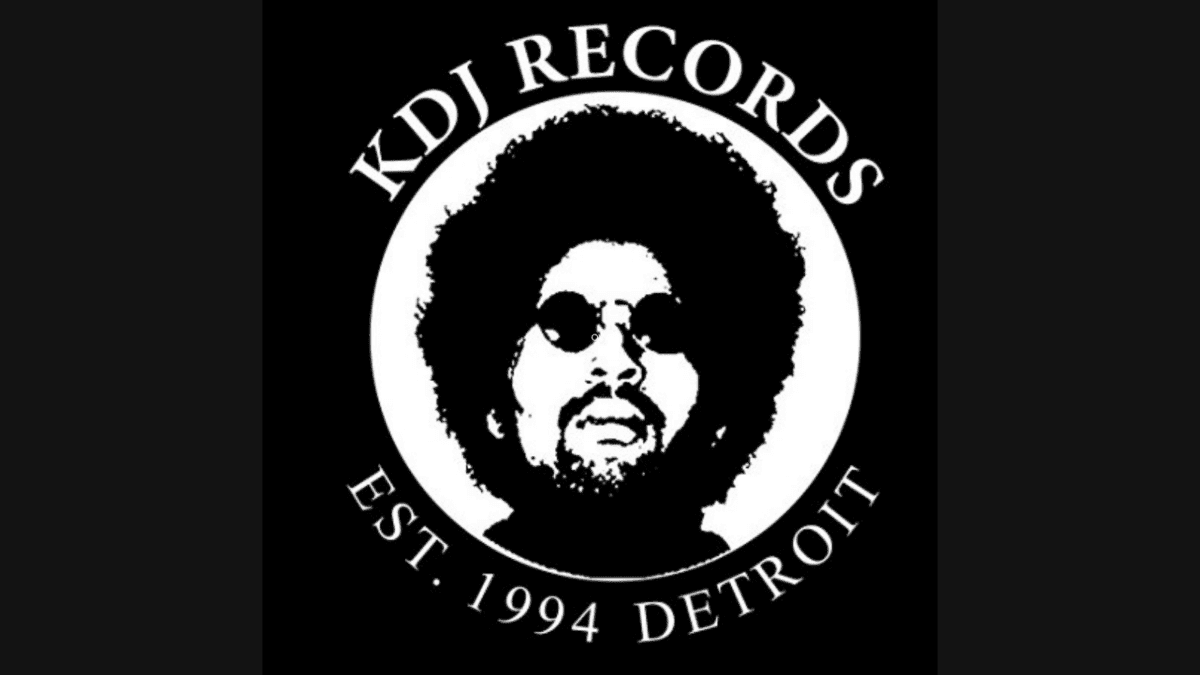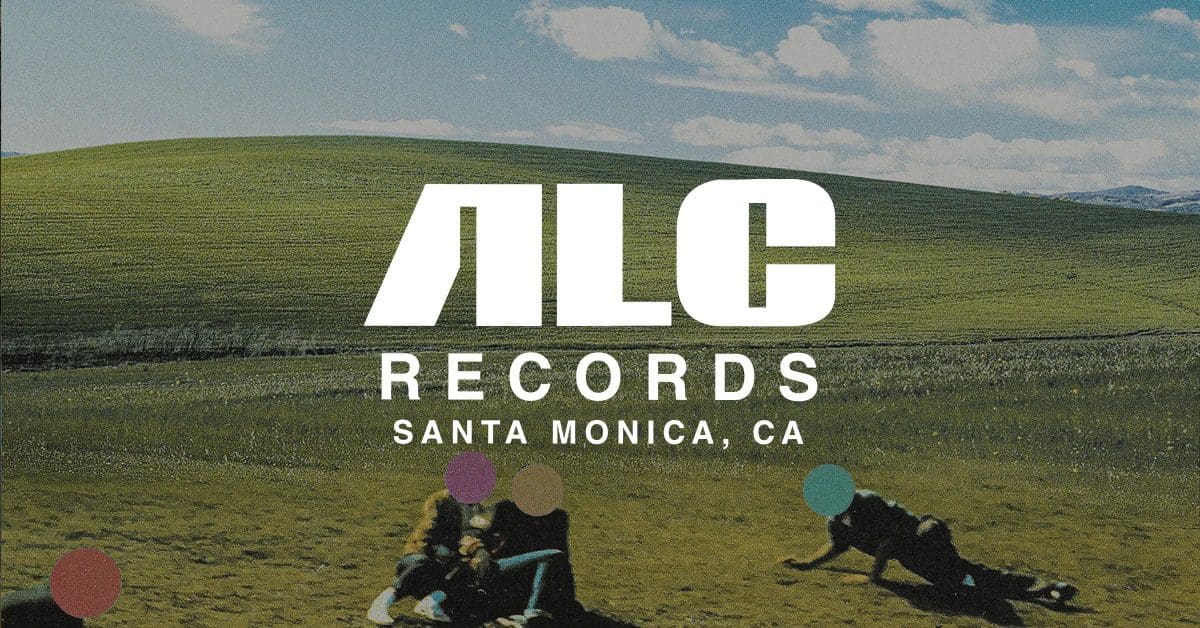Let’s address the elephant in the room right off the bat, shall we? If you’re frantically googling “how to get signed to a record label” at 2 AM after your mate Dave told you your SoundCloud remix was “actually not terrible,” I’ve got some news that might sting a bit: the days of music industry bigwigs wandering into dodgy pubs and discovering the next Oasis while nursing a lukewarm pint are largely behind us.
But don’t slam your laptop shut just yet, aspiring artists! Getting signed isn’t impossible—it’s just that the game has changed rather dramatically. And between you and me, the question isn’t really “how do I get signed?” but rather “why am I so desperate to sign away my creative control to a bunch of suits who’ll inevitably suggest I sound ‘a bit too niche’ and would I mind terribly writing something that sounds like that last big TikTok hit?”
Right, let’s dive in, shall we?

The Brutal Truth: It’s All About The Music, Stupid
Here’s the boring answer you probably don’t want to hear: write absolute bangers. That’s it. That’s the secret sauce and one of the most critical key steps in your music career.
If your tunes make people’s ears perk up like a dog who’s just heard the rustle of a treat packet, the major labels will come sniffing around eventually. Record companies are essentially glorified talent scouts with expense accounts, and they’re perpetually terrified of missing the next big thing. If you’re genuinely brilliant, they’ll find you—probably right after you’ve decided you’re better off joining the ranks of independent artists.
Of course, you’ll need to be patient. Rome wasn’t built in a day, and Ed Sheeran played approximately eight billion gigs before anyone with a lanyard and a business card gave him the time of day. Building a career to get signed to a record label is less sprint, more marathon—with hurdles and possibly a few potholes filled with disappointment.
Create Genuine Traction (Not The Kind You Pay For)

Labels aren’t stupid (well, not all of them). They can spot fake streams and bot followers from a mile off, and nothing screams “desperate amateur” quite like 50,000 plays on streaming platforms and three actual comments from people who appear to be your mum.
Real traction means:
- A growing, engaged fan base who actually turn up to gigs and know your lyrics
- Numbers climbing organically on platforms like Spotify, Apple Music, and others, rather than suspiciously jumping overnight
- Press coverage that doesn’t just come from your cousin’s music blog
- Social media that shows actual humans care about what you’re doing
Think of it this way: labels want to sign acts that are already working, not projects they need to build from scratch. They’re looking for the snowball that’s already rolling downhill, not a handful of snow they need to pack together themselves. This is especially true for emerging artists who haven’t yet established themselves in the chaos that is the modern music industry.
Collaborations: Or, Making Friends With People More Successful Than You
One shortcut to industry attention is hitching your wagon to someone who’s already got some. Co-writing with established songwriters or artists isn’t just a fantastic learning experience—it’s networking disguised as creativity.
The music industry is still very much built on the ancient practice of “knowing someone who knows someone,” and these sessions can be your foot in the door. Plus, there’s nothing quite like sitting in a room with someone who’s actually written a hit to make you realize your “revolutionary” chord progression is, in fact, the same one used in every power ballad since 1983.
Just remember: these collaborations need to be genuine. Don’t be that person sliding into a successful producer’s DMs with “hey, let’s collab” and nothing else to offer. Unless you’ve got a genuinely interesting proposition (or are disarmingly attractive), you’re just adding to the noise. You know what they say about aspiring musicians—there are thousands of us, all fighting for the same sliver of attention.
The Cover Version Gambit: Making Old Gems Shine Again

Finding a brilliant but overlooked track from decades past and giving it your own spin can be a clever shortcut. The key is choosing something obscure enough that people think it’s original, but good enough that they wonder why it wasn’t massive the first time around.
That Northern Soul banger your dad won’t shut up about? The B-side from that ’80s one-hit wonder? The album track from a ’70s folk singer that sounds weirdly relevant to today’s political climate? These are your gold mines.
Just please, for the love of all things holy, don’t do another slowed-down, breathy cover of a rap song with an acoustic guitar. We’ve reached peak saturation on those, and even the adverts for life insurance have moved on. If you want to stand out on Spotify, Apple Music, and other platforms, originality is your best mate.
Live Performance: Yes, You Actually Have To Leave Your Bedroom

In an age of bedroom producers and digital distribution, it’s easy to forget that music is fundamentally a performing art. And labels, old-fashioned creatures that they are, still put enormous stock in whether you can deliver the goods on stage.
Playing live does several crucial things:
- Proves you’re not just clever editing and autotune
- Builds a local following who’ll evangelize on your behalf
- Gives you invaluable experience in not looking like a startled deer when facing actual humans
- Forces you to get better at your craft—there’s nothing like potential public humiliation to motivate practice
Start small. That open mic where the only audience members are other performers waiting their turn? Perfect. The pub function room where the sound system is essentially two tin cans connected by string? Ideal training ground. And when you’re ready, make sure to hit that industry event where industry professionals congregate like penguins in a particularly exclusive zoo.
PR: Or, Why You Should Consider Making Friends With Journalists
Music journalists, bloggers, and playlist curators are the gatekeepers with the keys to public awareness, and they’re perpetually drowning in submissions. Standing out requires either exceptional music or exceptional hustle—preferably both.
A few pointers:
- Research who you’re pitching to (sending your hardcore punk EP to a classical reviewer suggests you’ve not done your homework)
- Personalize your approaches (mass emails scream “delete me”)
- Have a story beyond “I make music and would like people to listen to it”
- Be professional but not corporate—music PR that reads like it was written by an AI trained on LinkedIn posts is nobody’s idea of a good time
If DIY PR feels overwhelming, this is where companies like Music Gateway come in. They have the contacts, the know-how, and crucially, they know how to frame your music in a way that makes busy industry professional types actually want to listen. Get in touch via our Music Promotion page.
The Digital Hustle: Making Algorithms Your Mates

Like it or not, we live in an age where getting the TikTok algorithm to fancy your track can do more for your career than five years of touring small venues. Understanding how these social media and streaming platforms work isn’t selling out—it’s just acknowledging the reality of how music spreads in 2025.
This doesn’t mean dancing with your cat to your latest single (though if your cat has particularly good rhythm, don’t rule it out). It means understanding what resonates on each platform:
- TikTok loves short, catchy sections with viral potential
- Instagram rewards visual creativity and personality
- Spotify, Apple Music, and other streaming giants have their own mysterious logic that seems designed specifically to confuse aspiring musicians
The trick is working with these platforms without becoming their slave. Use them as tools, not masters. Remember—your long term goal is to build a sustainable music career, not just fifteen minutes of algorithm-approved fame.
The Uncomfortable Question: Do You Actually Need a Label?
Here’s the thing many emerging artists don’t want to confront: in 2025, signing to a label isn’t necessarily the career milestone it once was. With digital distribution, social media marketing, and the democratization of production tools, what exactly are you getting for that percentage of your earnings?
For some, the answer is plenty:
- Financial support and advance payments
- Professional marketing and PR machinery
- Music industry connections and opportunities
- Expertise in navigating the business side
For others, a record label deal can mean:
- Loss of creative control
- Pressure to compromise artistic vision
- Unfavorable contract terms
- Getting lost in a roster of priorities
As an independent artist, you might actually enjoy a larger share of your profits and complete artistic freedom. Before you set your heart on getting signed, ask yourself honestly what you’re hoping a label will do for you that you can’t eventually do yourself (or with a good manager and a bit of business savvy).
Landing The Deal: When They Finally Come Knocking

Let’s say you’ve done everything right. Your music is genuinely fantastic, you’ve built a following, you’re killing it live, and the cool kids at the industry events are actually staying to watch your set instead of nipping out for a vape. What happens when a label actually shows interest?
First, don’t sign anything in a state of excitement, inebriation, or desperate gratitude. The music industry is littered with cautionary tales of aspiring artists who signed away their creative souls on napkins after one too many celebratory drinks.
Get a good music lawyer. We recommend Russells if you are based in the UK
Not your cousin who does conveyancing and “has always been interested in entertainment law.” A proper, experienced music lawyer who knows exactly what that dense paragraph on page 17 actually means for your future. This is one of those essential key steps that separate successful artists from those who end up bitter and skint.
Understand the record label deal you’re being offered:
- What’s the advance, and what are you expected to deliver?
- What’s the royalty split, and what costs are recoupable?
- How many options do they have on future releases?
- What creative control do you maintain?
- What happens if things go pear-shaped?
Remember: a bad deal is worse than no deal. Being able to walk away is your superpower, especially in a world where independent artists are increasingly finding success on their own terms.
Conclusion: The Long and Winding Road
Getting signed to a record label remains a combination of exceptional talent, strategic hustle, relentless work ethic, and let’s be honest, a decent dollop of luck. There’s no single path, no guaranteed formula, and certainly no overnight success (despite what those “how I got a million streams in a week” YouTube ads might suggest).
What there is, however, is the opportunity to build something genuine. Focus first on creating music that matters—to you, and hopefully to others. Build connections, perform relentlessly, understand the business, and approach it all with both passion and pragmatism.
And remember, getting signed isn’t the end goal—it’s just one possible path. The real achievement is building a sustainable music career doing what you love, whether that’s with a major label logo on your album cover or not.
For aspiring musicians and emerging artists alike, the journey is as important as the destination. The music industry is a strange beast—sometimes cruel, occasionally kind, but always, always changing. Your best bet for long term success? Be brilliant, be persistent, and be smart about the company you keep.
Now put the laptop down and go finish that track you’ve been tinkering with for months. The labels can wait—your creativity can’t.









